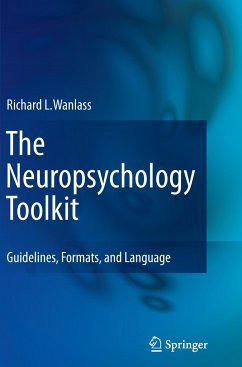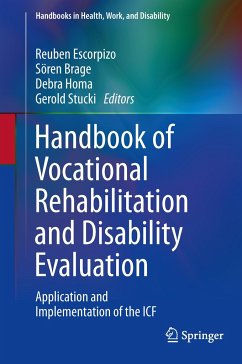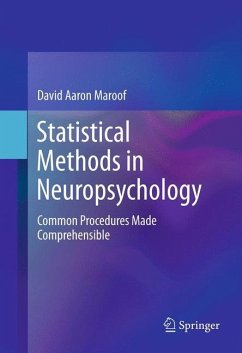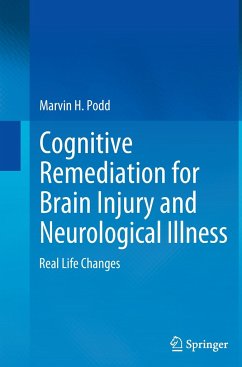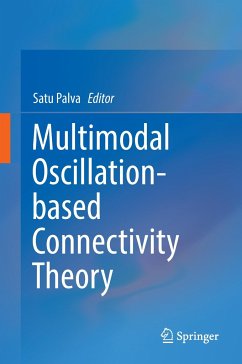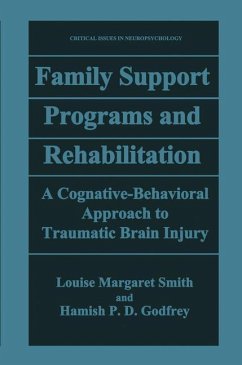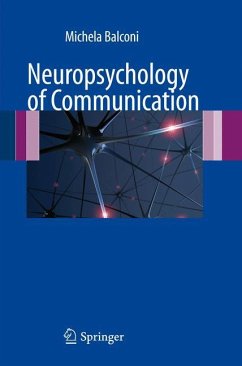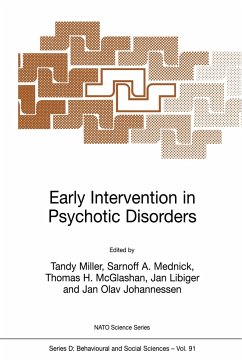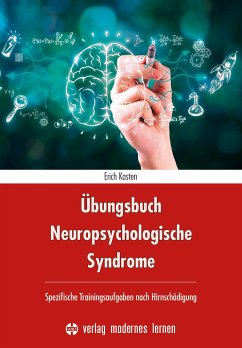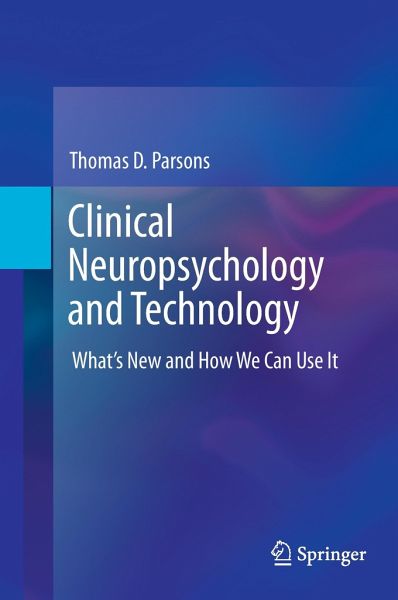
Clinical Neuropsychology and Technology
What's New and How We Can Use It
Versandkostenfrei!
Versandfertig in 6-10 Tagen
53,99 €
inkl. MwSt.
Weitere Ausgaben:

PAYBACK Punkte
27 °P sammeln!
This ambitious and accessible guide reviews innovative technologies enhancing the field of neuropsychological testing. Starting with the premise that standard batteries-some nearly a century old-lag behind in our era of neuroimaging, genomic studies, psychophysiology, and informatics, it presents digital measures offering more efficient administration, more accurate data, and wider clinical applications. Ecological validity and evidence-based science are key themes in these advances, from virtual environments and assessment of social cognition to the shift toward situational reliability and aw...
This ambitious and accessible guide reviews innovative technologies enhancing the field of neuropsychological testing. Starting with the premise that standard batteries-some nearly a century old-lag behind in our era of neuroimaging, genomic studies, psychophysiology, and informatics, it presents digital measures offering more efficient administration, more accurate data, and wider clinical applications. Ecological validity and evidence-based science are key themes in these advances, from virtual environments and assessment of social cognition to the shift toward situational reliability and away from lab-created constructs. These chapters also demonstrate how high-tech assessment tools can complement or supplement traditional pencil-and-paper measures without replacing them outright.
This book covers in depth:
· The evolution of neuropsychological testing over the past century.
· Current applications of computer-based neuropsychological assessments.
· The strengths and limitations of simulation technology.
· The use of teleneuropsychology in reaching remote clients.
· The potential of gaming technologies in neurocognitive rehabilitation.
· How technology can transform test data into information useful across specialties.
Clinical Neuropsychology and Technology brings neuropsychologists, clinical psychologists, and rehabilitation specialists into the vanguard of assessment measures and processes that will translate into more accurate testing, collaborations between disciplines, and valid and useful outcomes.
This book covers in depth:
· The evolution of neuropsychological testing over the past century.
· Current applications of computer-based neuropsychological assessments.
· The strengths and limitations of simulation technology.
· The use of teleneuropsychology in reaching remote clients.
· The potential of gaming technologies in neurocognitive rehabilitation.
· How technology can transform test data into information useful across specialties.
Clinical Neuropsychology and Technology brings neuropsychologists, clinical psychologists, and rehabilitation specialists into the vanguard of assessment measures and processes that will translate into more accurate testing, collaborations between disciplines, and valid and useful outcomes.



